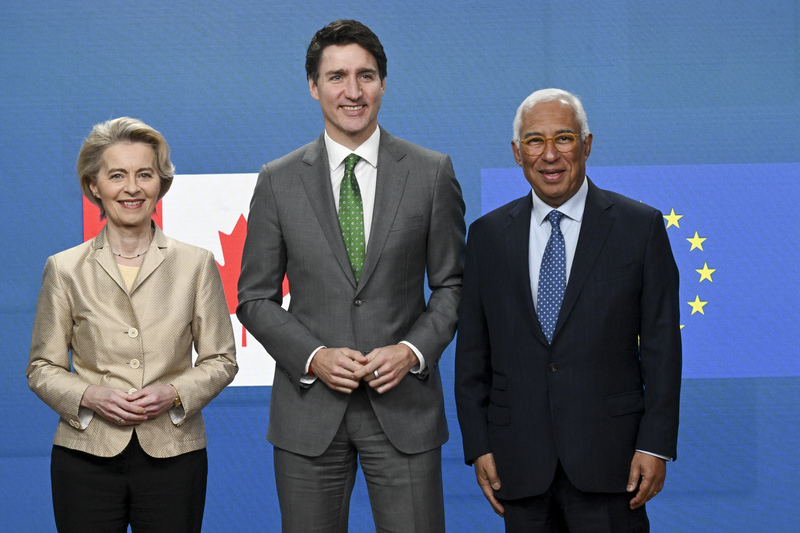Agency Report –
Wiesbaden – Price pressure on consumers in Germany eased in January, with the consumer price index (CPI) showing a 2.3% increase compared to the same month of the previous year, final data from the Federal Statistical Office published on Thursday showed.
That rate confirmed the data office’s initial estimate.
In December the annual CPI rate was 2.6%. Compared to the previous month, January consumer prices fell by 0.2%.
Last month energy prices were 1.6% lower than a year earlier, which helped to dampen inflation. Prices for both fuels, which were down 0.1%, and household energy, 2.5% lower, also helped. Heating oil, for example, showed a 1.2% price decline while electricity was 3.6% cheaper.
However, natural gas prices rose 0.5% and district heating was up 9.8% compared to January 2024. The statisticians explained that this was probably also due to the increase in the carbon dioxide (CO2) price and the rise in gas network fees.
Food prices hardly rise at all
The rise of food prices slowed to an 0.8% increase, down from December’s annual 2% rise.
The 0.8% rise was the lowest year-on-year price increase since December 2020.
By contrast, services such as insurance, car repairs and restaurant visits continued to see above-average price increases of 4% on average. Net cold rents increased by 2%.
Consumers feel price increases
The wave of inflation following Russia’s full-scale invasion of Ukraine in February 2022 has subsided, but consumer prices were still up 5.9% on average in 2023. However, people are feeling the effects of higher prices in their daily lives, for example when buying food or paying for energy.




